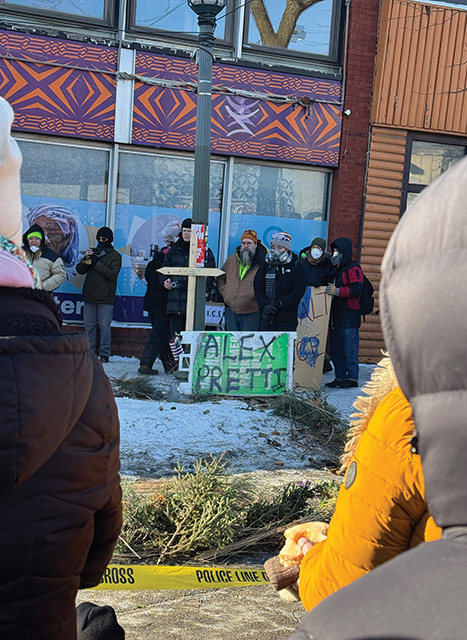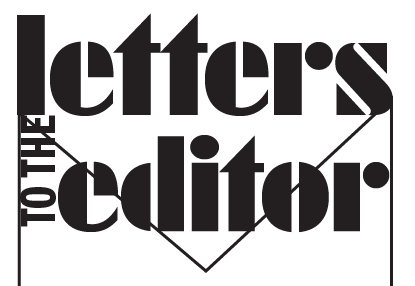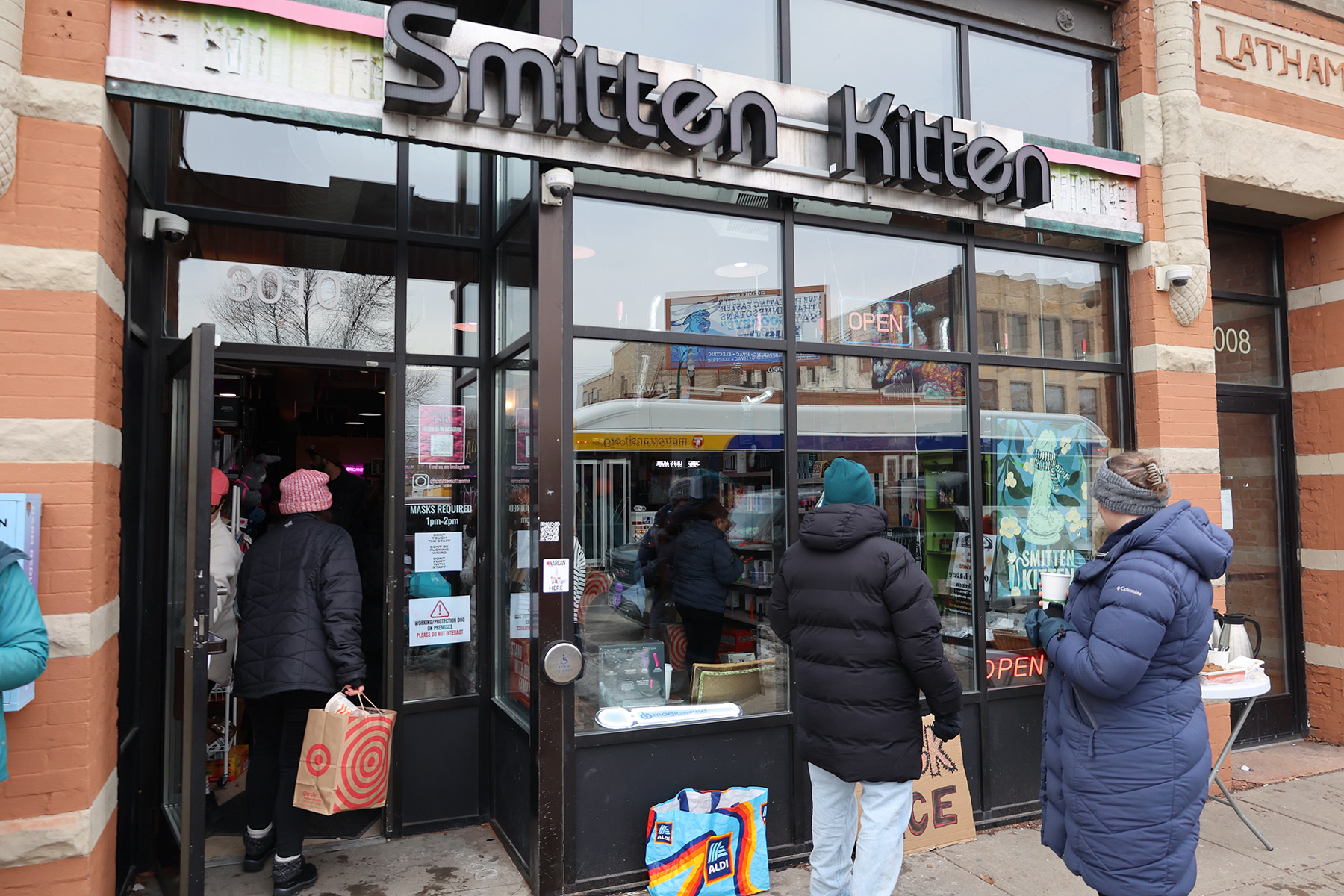In a dramatic and unprecedented move, the Minneapolis City Council’s progressive majority passed over 70 amendments to Mayor Jacob Frey’s proposed budget, prompting the mayor’s veto.
The Council, however, overturned that veto — a rare political rebuke that underscores growing tensions over spending priorities, public safety and the use of public funds.
According to Mayor Frey, his veto was driven by concerns over amendments funding what he described as “pet projects.” Uptown Council Members Katie Cashman, Ward 7, and Aisha Chughtai, Ward 10, sponsored a combined 17 of these amendments. Chughtai voted in favor of all the amendments, while Cashman supported all but one.
Controversial Budget Decisions
One controversial amendment is the Rise Up Center Development Project, an initiative championed by Cashman and Chughtai.
While the project aims to train thousands of young people for green jobs, its ties to social justice organizations, union organizing and ongoing funding challenges have raised red flags about transparency, financial sustainability and ethical conflicts.
The Rise Up Center amendment, or Motion #53A, allocated $100,000 for construction and development costs. The nonprofit groups involved in this effort are under the Tending the Soil umbrella and have missions that seek to fundamentally change the relationship between workers and businesses in Minneapolis.
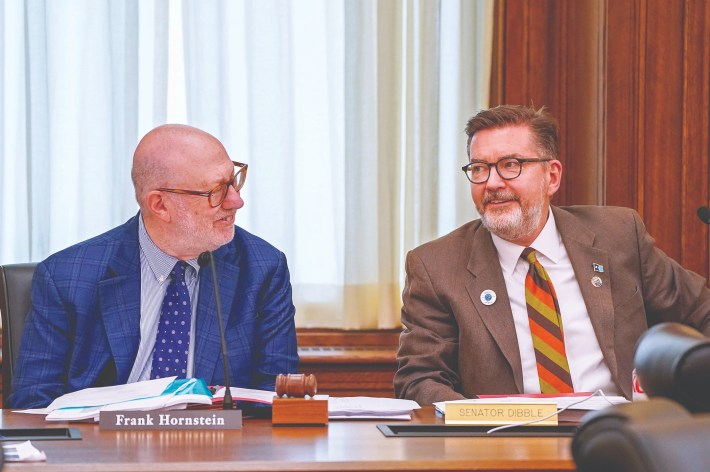
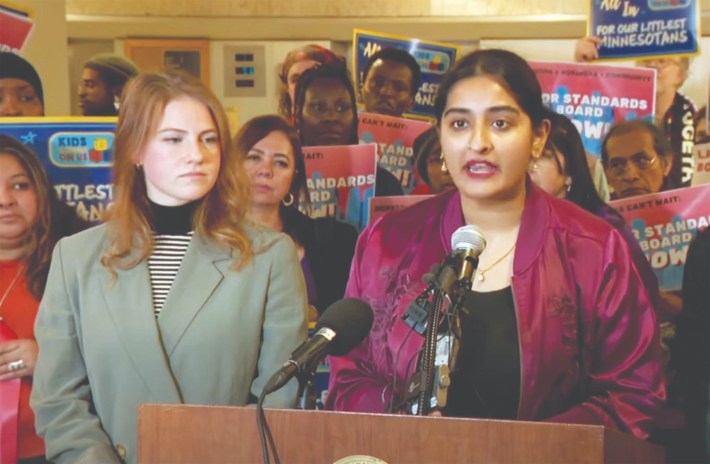
Unidos MN: Structure and Purpose
Unidos MN is one of those groups. On their website, they describe themselves as an “intersectional, intergenerational, feminist, Latinx-led organization committed to social justice.”
Unidos MN consists of two entities:
- Unidos MN Action, a 501(c) (4) organization, focusing on lobbying, community organizing and candidate endorsements.
- Unidos MN Education Fund, a 501(c)(3) organization, dedicated to nonpartisan civic engagement and public education.
The Ethical Concerns
While the two entities claim to operate independently, their website doesn’t clarify which activities fall under each group.
A 501(c)(3) organization is a tax-exempt nonprofit focused on charitable, educational or religious purposes, and donations to it are tax-deductible.
In contrast, a 501(c)(4) organization promotes social welfare and civic advocacy, allowing it to engage in lobbying and endorse political candidates, though donations are not tax-deductible.
While 501(c)(3)s face strict limits on political activity, 501(c) (4)s have more flexibility. When these closely aligned entities share leadership or goals, concerns arise about transparency and the ethical use of public funds, particularly if advocacy efforts influence the very officials approving that funding.
Unidos MN supports several initiatives, including the Rise Up Center, the Work and Opportunity Act (expanding wage replacement benefits for undocumented workers), and clean energy pilots powered by unionized green jobs.
On their jobs page, Unidos MN is recruiting 10 full-time organizing apprentices.
Collaborative Efforts
Unidos MN collaborates with other organizations for the Rise Up Center, including:
- SEIU 26
- Unite Here! 17 Local – Minnesota’s Hospitality Union
- The New Justice Project
- UFCW Local 663
- The Building Dignity and Respect Standards Council
- Centro de Trabajadores Unidos en la Lucha (CTUL)
- Inquilinxs Unidxs por Justicia (Renters United for Justice)
- Minnesota Training Partnership
It’s worth noting that Samantha Pree-Stinson, a director at Renters United for Justice, also serves on the Board of Estimate & Taxation, which sets the city’s annual tax levy.
A Commune of Social Justice and Union Organizing
These groups plan to occupy the former YWCA Uptown building at 2808 Hennepin Ave. S., forming what could be seen as a “commune” of social justice initiatives, union organizing and job training. However, funding remains a significant challenge.
To date, the group has been allocated $100,000 in the city’s 2025 budget, $250,000 from the city in June 2024, $250,000 the previous year and $9.6 million from the State Legislature in May for construction — despite the Legislature being unable to pass a bonding bill.
The $9.6 million is state funding was secured through the efforts of Hill & Lake elected officials, Representative Frank Hornstein and Senator Scott Dibble, who co-chaired HF5242, the transportation, labor and housing supplemental budget bill, and advocated for the allocation from their committee.
Yet, no building has started, and much of the money has been spent on pre-development work. The group still needs to raise over $11 million to complete the project, but its focus on union organizing makes donations from the private sector unlikely.
Concerns and Critiques
Susan Lenfestey’s Hill and Lake Press May opinion piece highlighted several key concerns about the Rise Up Center:
- Redundancy: The job training programs overlap with existing initiatives.
- Future Funding: Without a revenue stream, the project will likely continue draining public resources.
- Location: The YWCA Uptown building was reportedly not their first choice for the site, with a preference for the eastern part of the city closer to stakeholders.
The Legal Concerns of Closely Aligned 501(c)(3) and 501(c)(4) Organizations
Beyond concerns over funding and project redundancy, the mix of closely aligned 501(c)(3) and 501(c)(4) organizations involved in the Rise Up Center raises legal questions.
Moreover, the ethics of public funds being directed to groups that lobby elected officials deserves scrutiny.
The differences between the two entities are clearly delineated on their website.
This structure creates a circular cycle of funding: public money supports groups that train organizers, who then mobilize voters for the very officials approving the funding.
Regardless of one’s stance on the mission of these groups, this dynamic raises legitimate concerns about conflicts of interest and the appearance of vote-buying.
A Call for Transparency
Before additional funds are allocated, there must be accountability. Where has the money already granted been spent? Transparent accounting should be a prerequisite for further funding. Minnesota has experienced enough fraud in recent years to warrant stronger safeguards.
The Fragile Idealism of Communes
T.C. Boyle’s “Drop City” provides a cautionary tale about the challenges of communal living. The novel follows a couple who joins a California commune only to see it fracture due to internal conflicts. They later attempt to live off the grid in Alaska but struggle against harsh winter realities.
This narrative feels strikingly relevant when imagining nine different social justice groups sharing space and relying on public funding to sustain operations. If grants dry up, the training ends, the groups disperse, then the city could be left with a defunct fitness center — a financial liability sold for pennies on the dollar for a prime site that could have been redeveloped into much-needed housing.
Conclusion
While the Rise Up Center is rooted in noble goals, it raises serious questions about financial responsibility, redundancy and ethical conflicts.
Transparent oversight, a sustainable funding plan and an honest reassessment of its viability are essential before committing more public resources.



